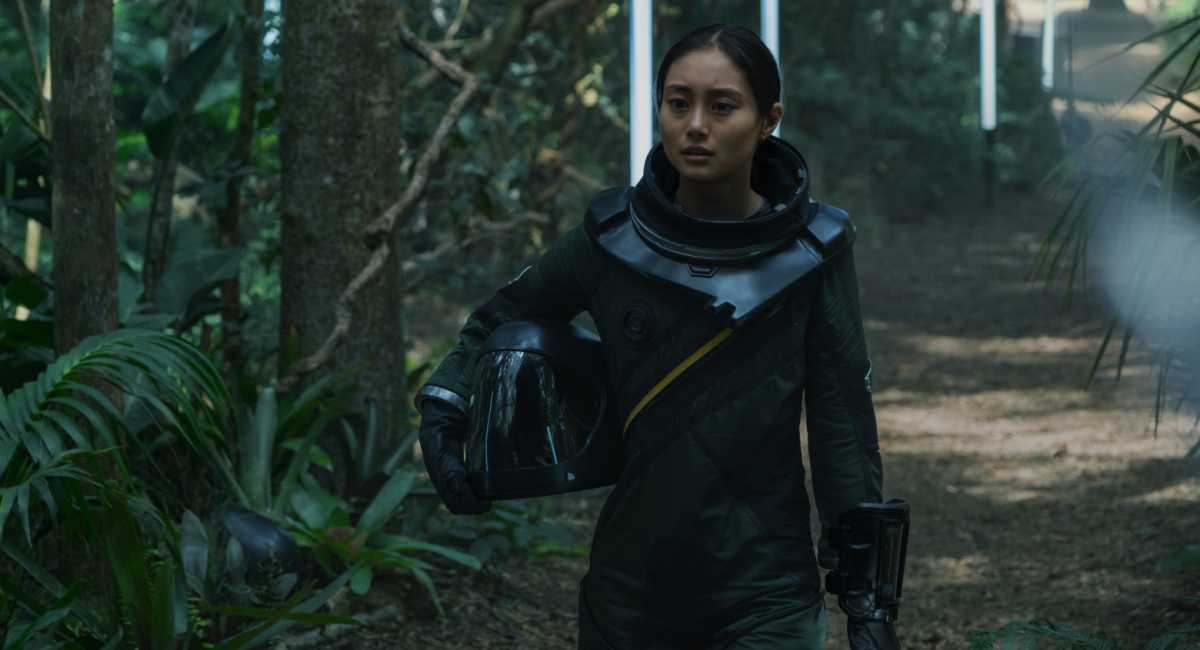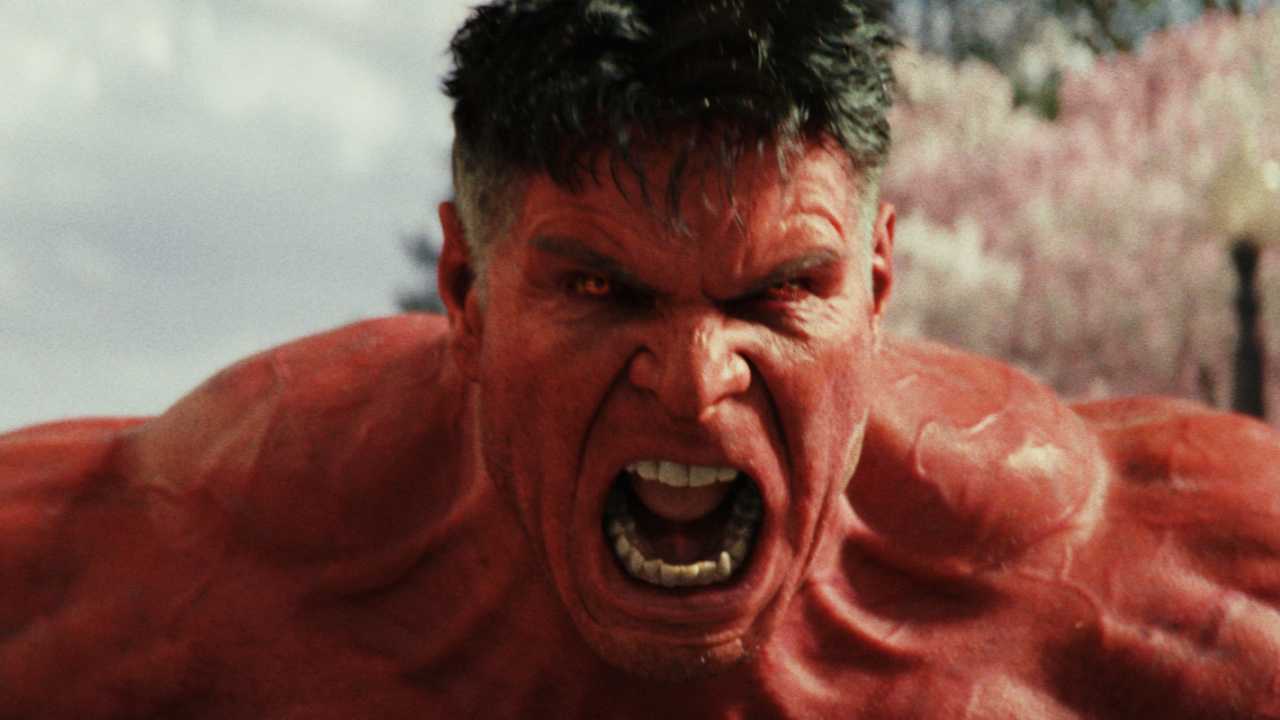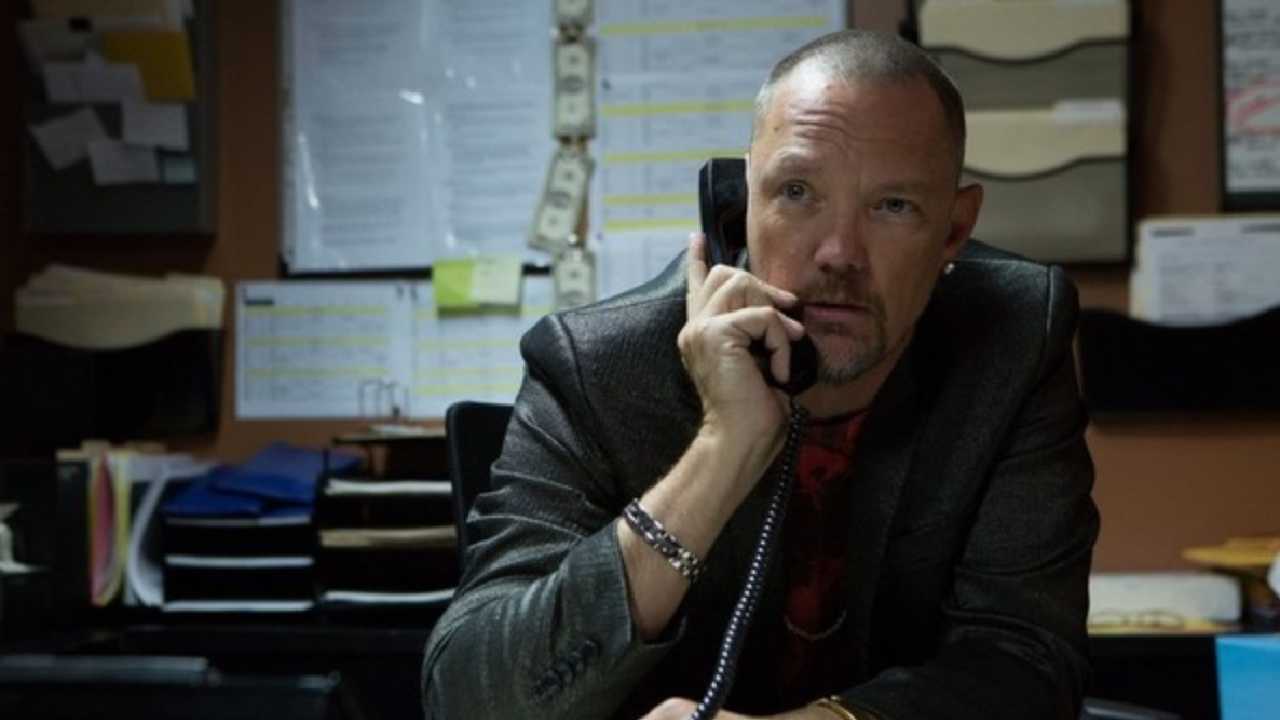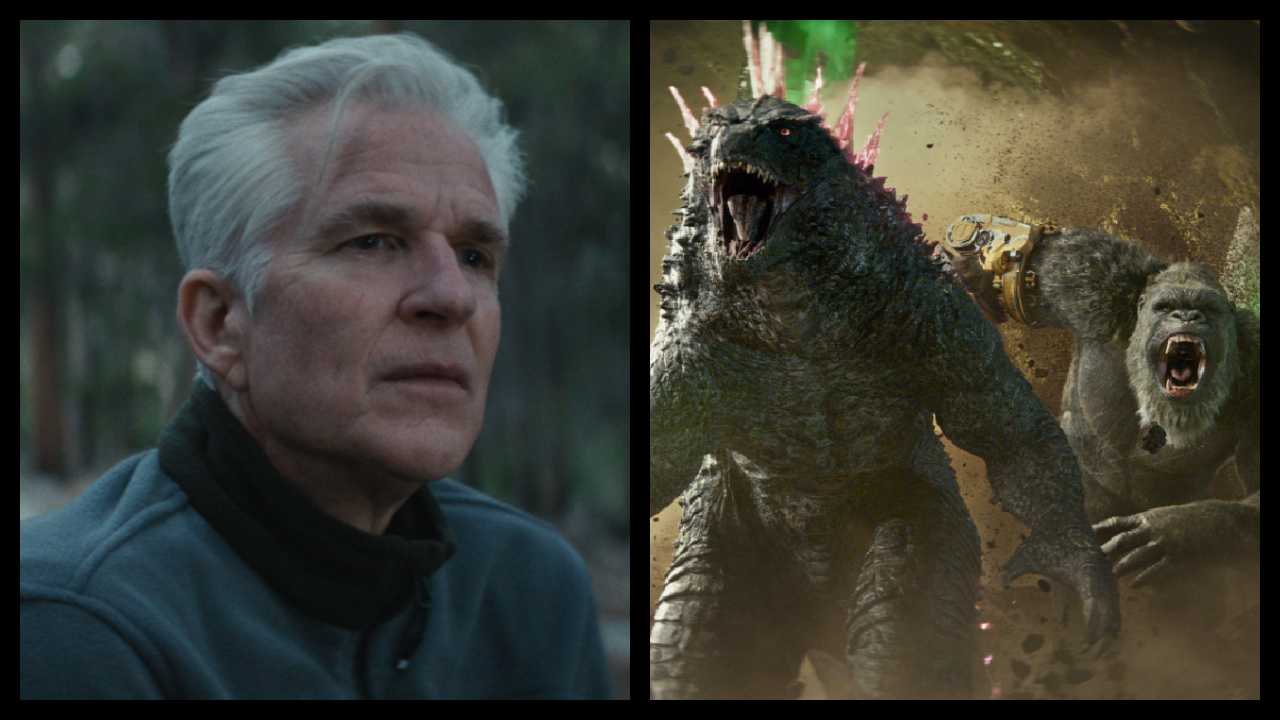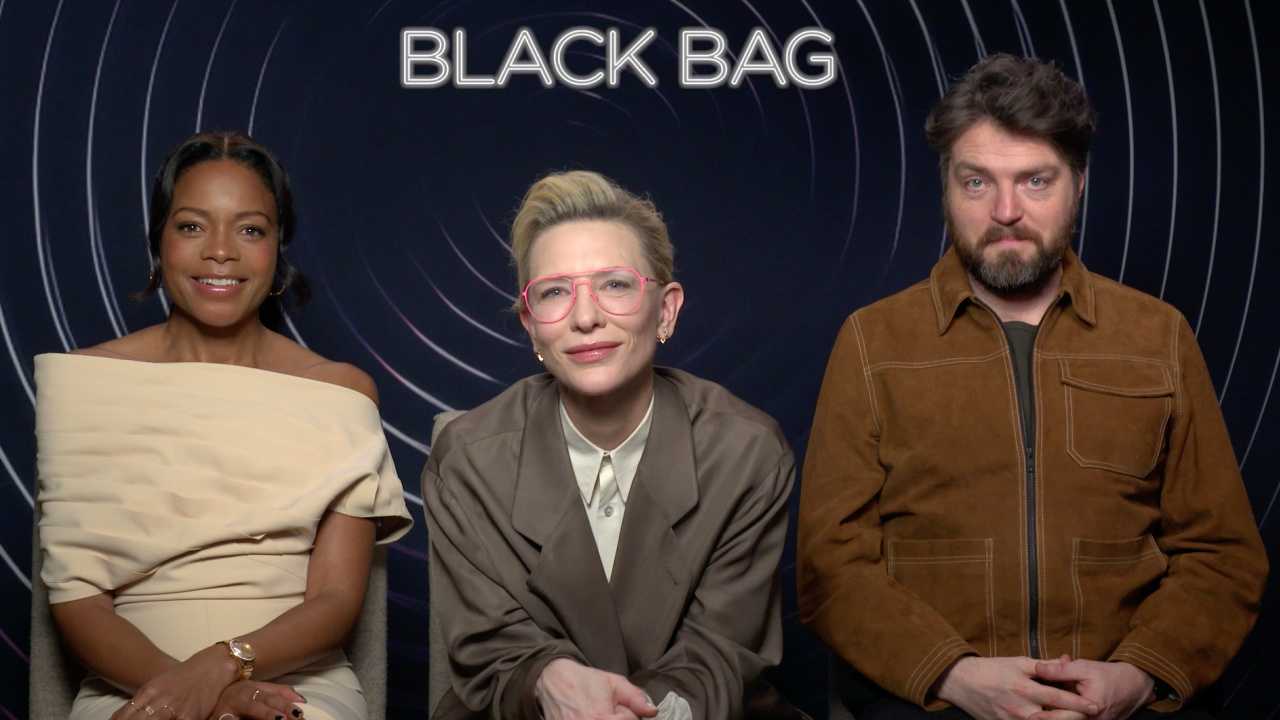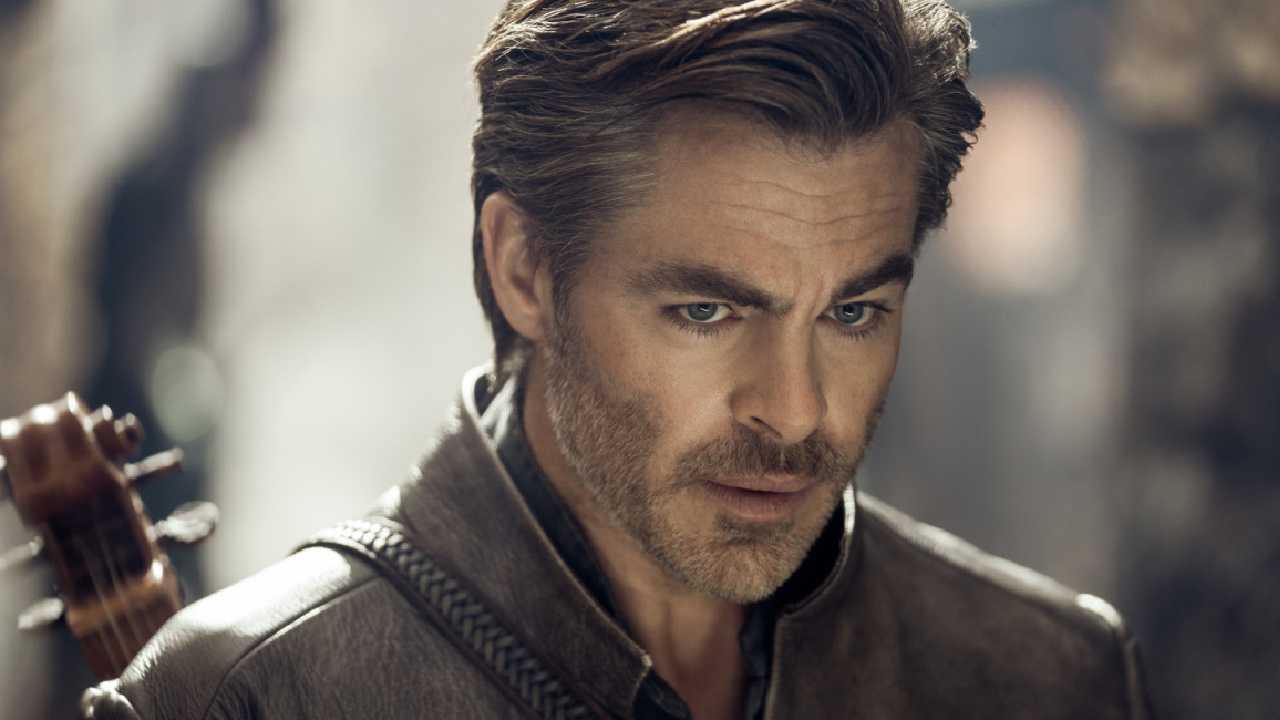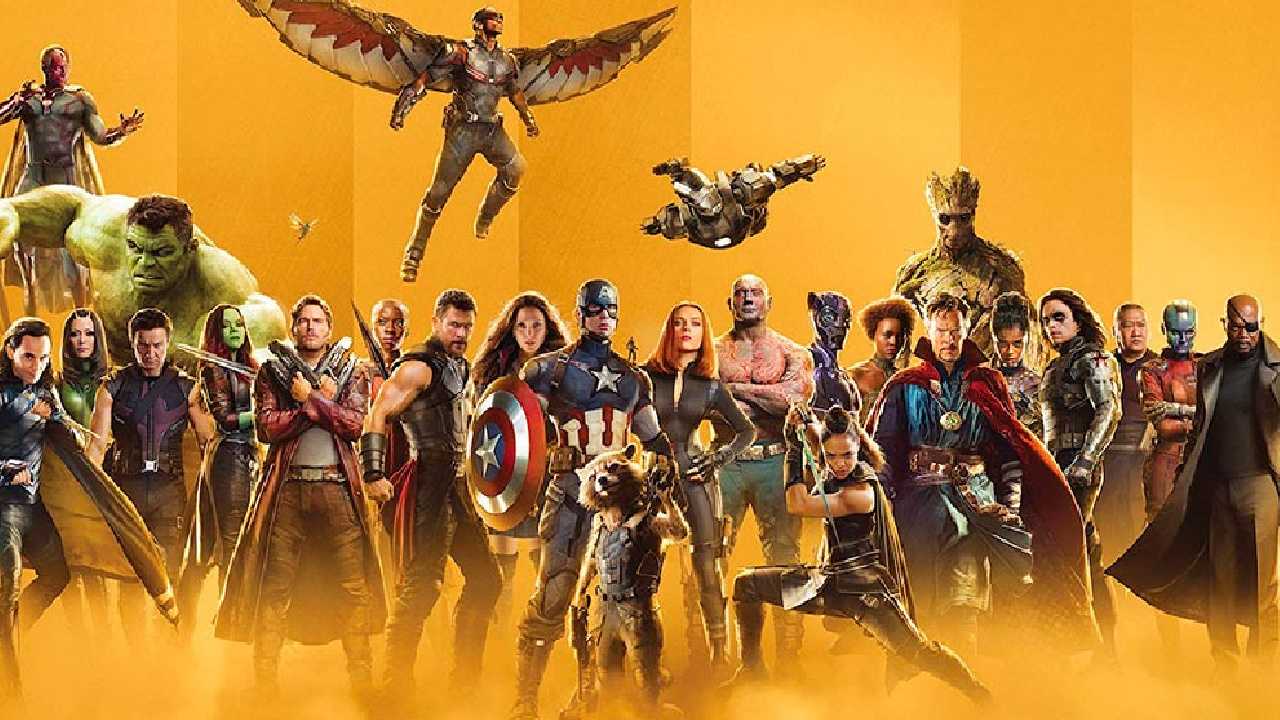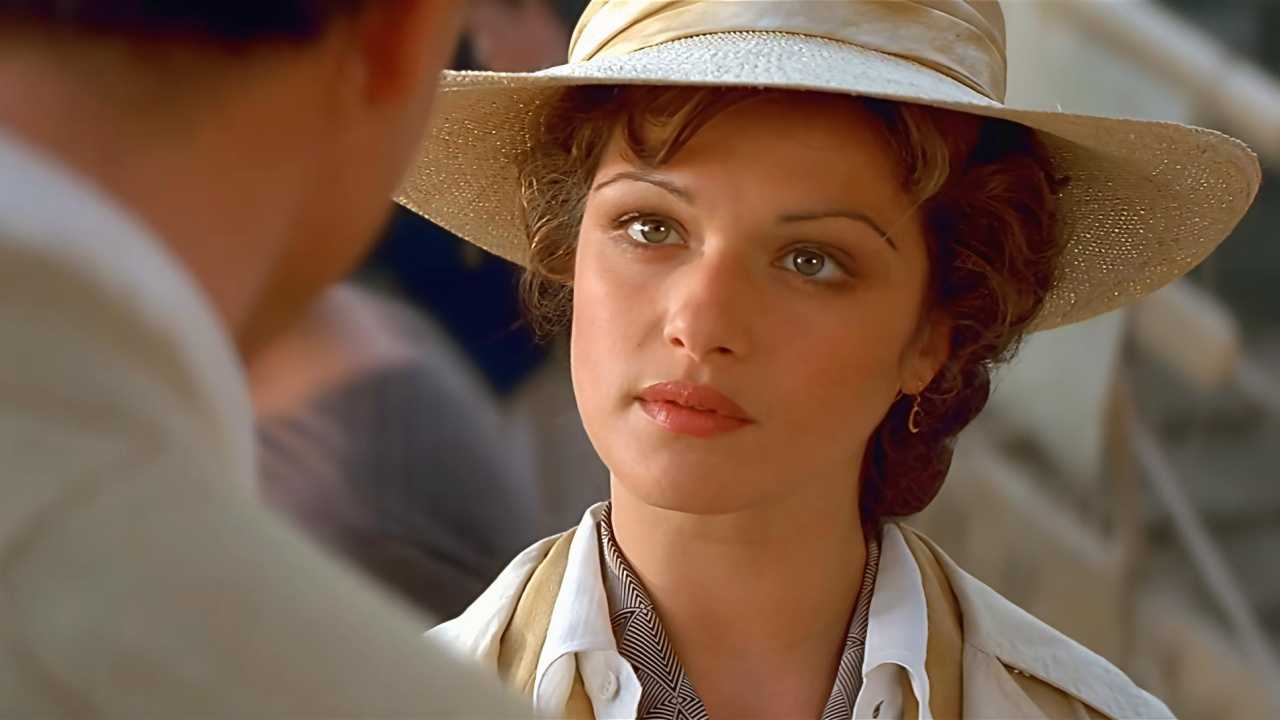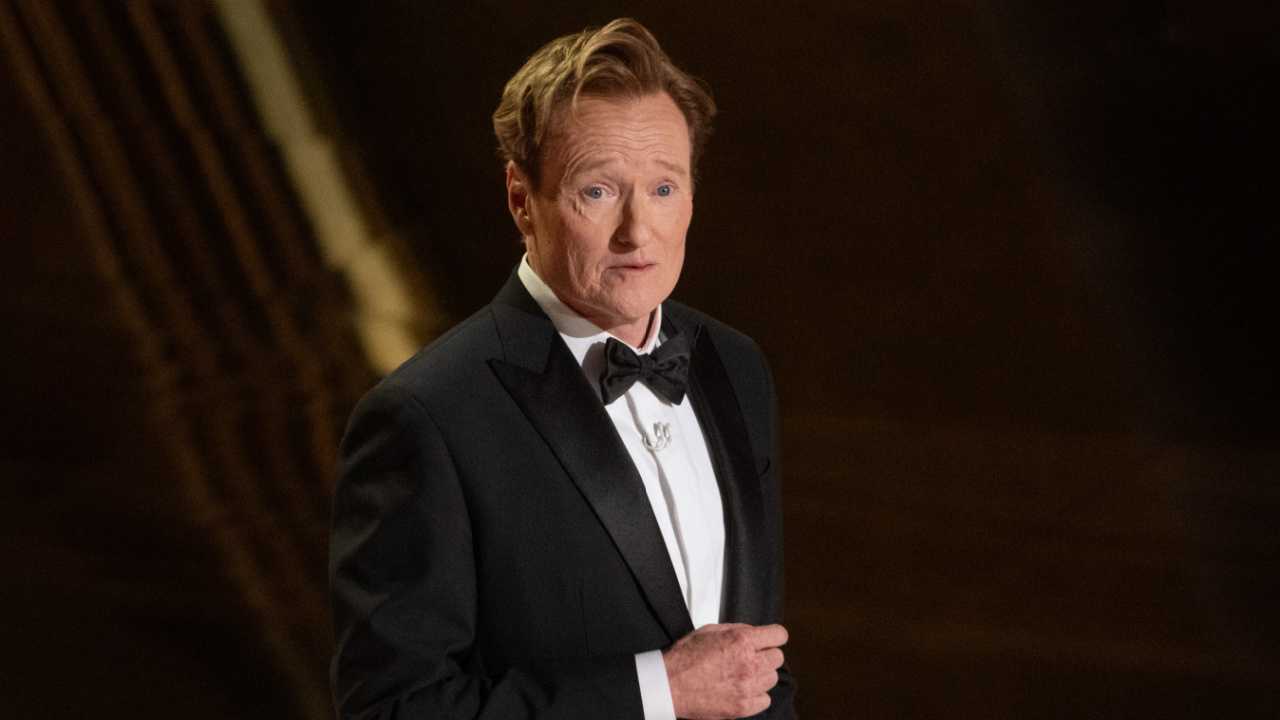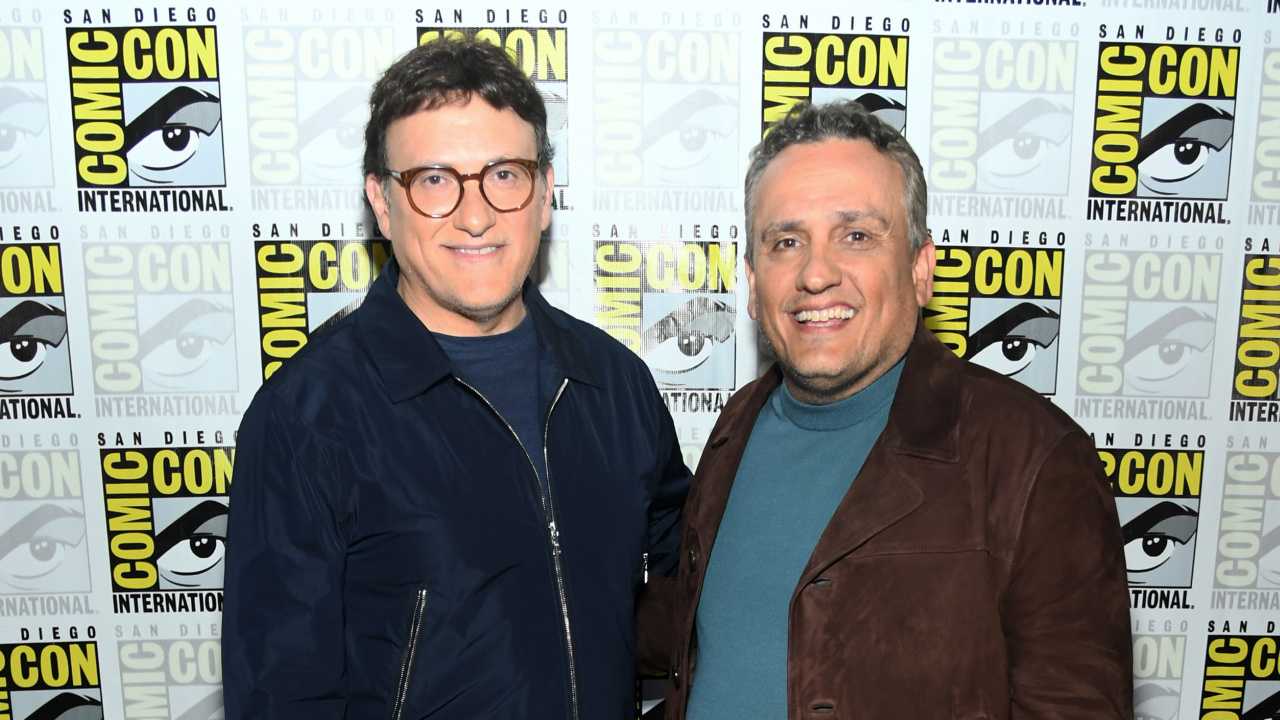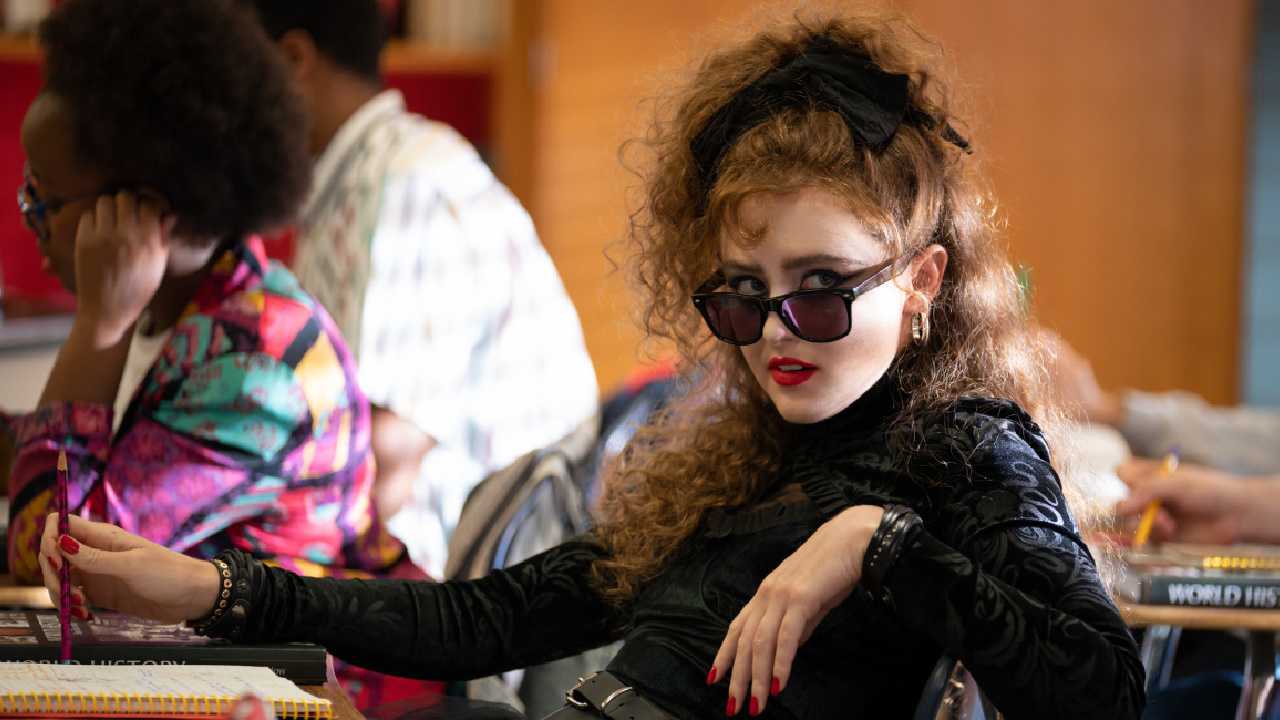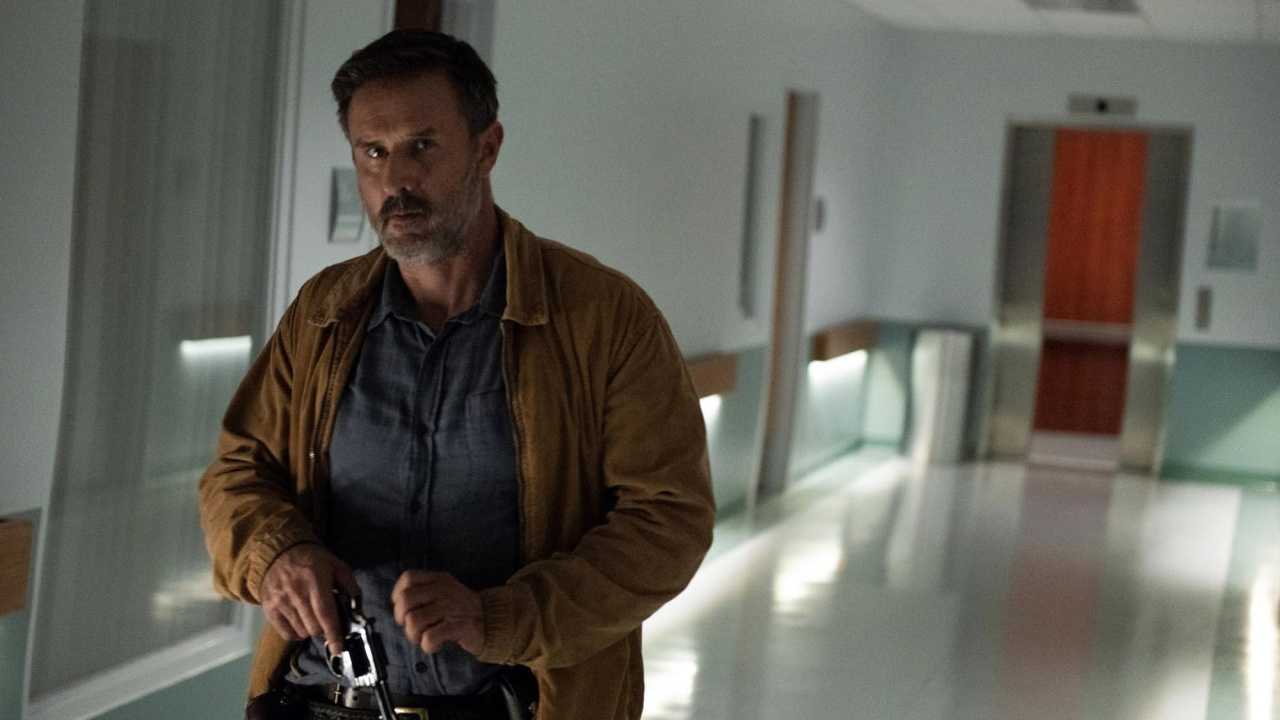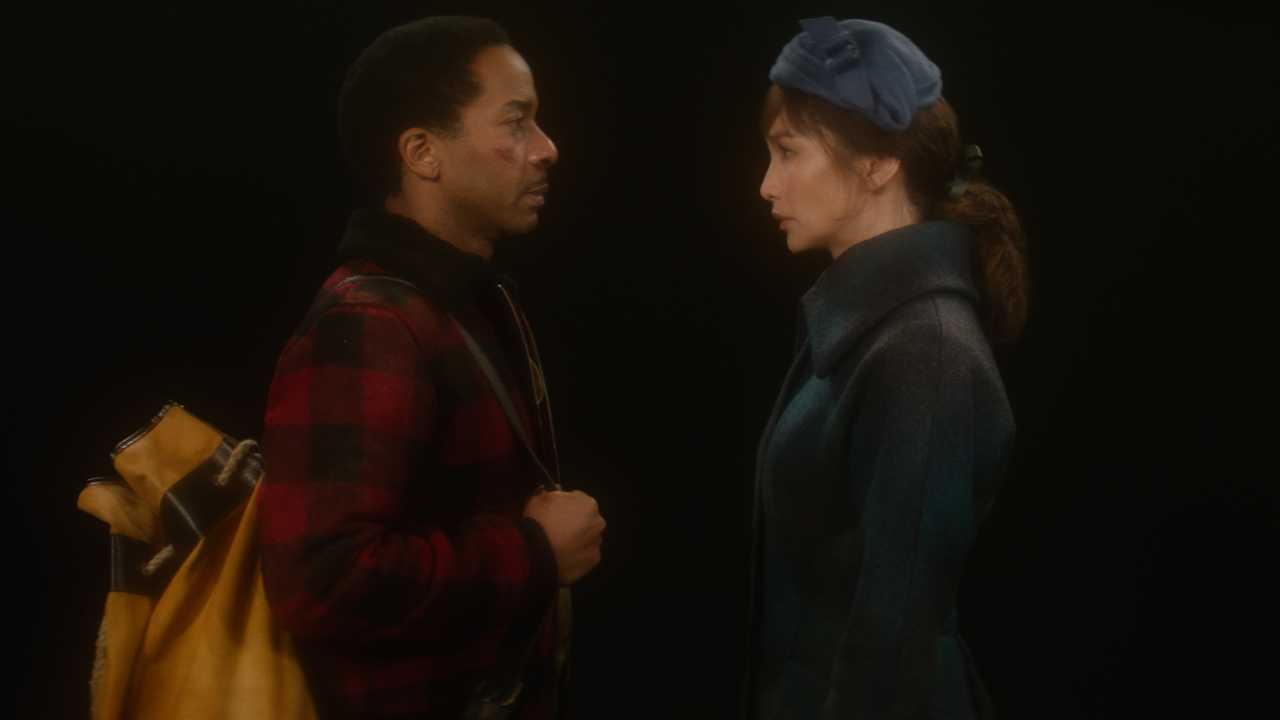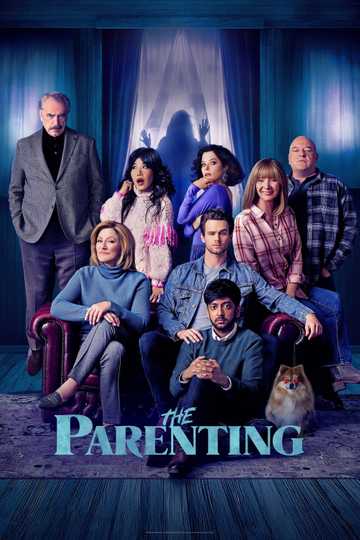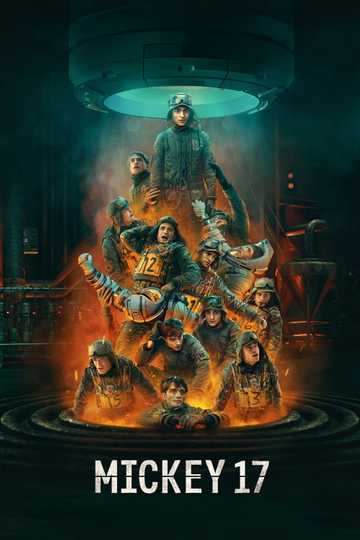Director Alik Sakharov Talks Apple TV+'s 'Invasion' Season 2
Moviefone speaks with director Alik Sakharov about season 2 of 'Invasion.' "The challenge was the very first scene when we are just thrown into the invasion."
Premiering on Apple TV+ on August 23rd is the second season of the popular sci-fi series ‘Invasion,’ which was created by Simon Kinberg (‘Dark Phoenix’) and David Well (‘Hunters’).
‘Invasion’ Season 1 Recap
An alien invasion is seen through the different perspectives of various people on different continents across the world.
What is the plot of ‘Invasion’ season 2?
Season 2 picks up just months after the events of season 1, with the aliens escalating their attacks in an all-out war against the humans. As the aliens continue their land grab, pockets of resistance across the world join the World Defense Coalition searching for ways to destroy the enemy, including the grassroots vigilante alien hunters, The Movement, and the experiments being done at the Alien Research Facility.
Who is in the cast of ‘Invasion’ season 2?
- Golshifteh Farahani as Aneesha Malik
- Shamier Anderson as Trevante Cole
- Shioli Kutsuna as Mitsuki Yamato
- Billy Barratt as Caspar Morrow
- Azhy Robertson as Luke Malik
- Tara Moayedi as Sarah Malik
- Daisuke Tsuji as Kaito Kawaguchi
- India Brown as Jamila Huston
- Paddy Holland as Montgomery (Monty) Cuttermill
- Rinko Kikuchi as Hinata
- Togo Igawa as Ikuro Murai
- Tamara Lawrance as Learah
- Louis Toghill as Darwin Charles
- Cache Vanderpuye as Alfie Ademura
Moviefone recently had the pleasure speaking with director Alik Sakharov (‘Game of Thrones,’ ‘The Witcher’) about his work on season 2 of ‘Invasion,’ where he directed the first three episode as well as episode five. Sakharov discussed the pressure of joining a series in the second season, how his previous work as a cinematographer informs his work as a director, the most challenging aspect of directing ‘Invasion,’ and bringing something fresh to the genre.
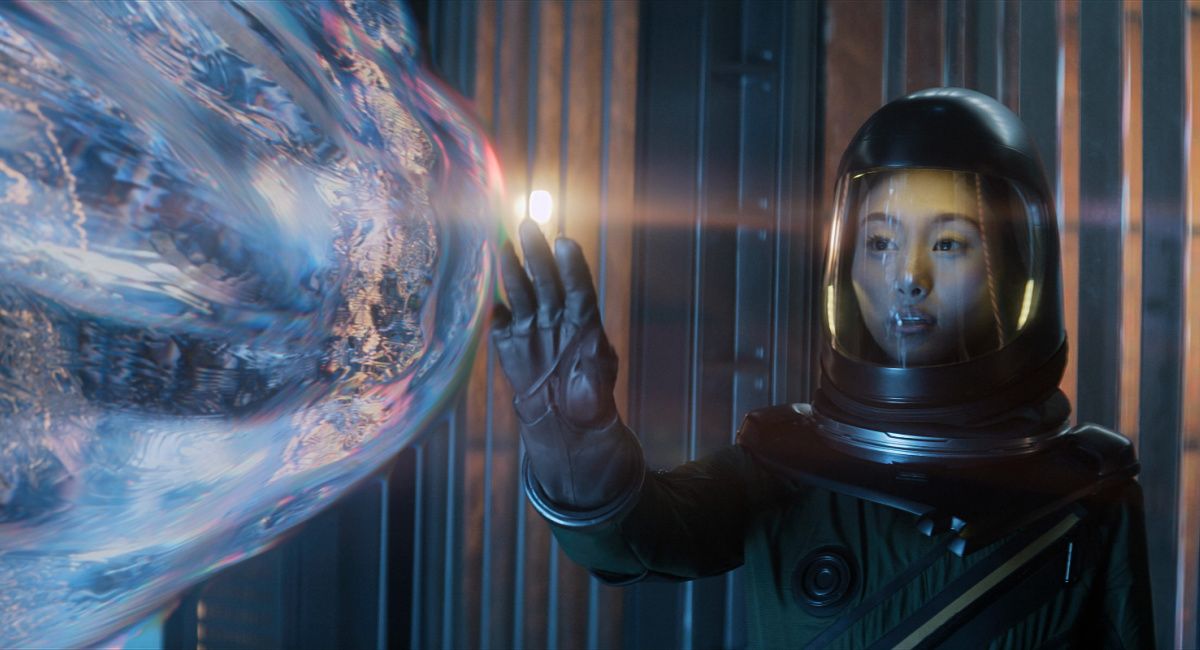
Shioli Kutsuna in 'Invasion,' premiering August 23, 2023 on Apple TV+.
You can read the full interview below or click on the video player above to watch our interview.
Moviefone: To begin with, as a director, when you join a series that is already in progress, do you feel pressure to continue the success of the show, or is that something that you’ve gotten use to at this point in your career?
Alik Sakharov: I don't think I had the pressure, to be honest with you. I mean, as a seasoned pro, I didn't feel pressure. I just felt responsibility of delivering good product. I had a very wonderful set of meetings with Simon Kinberg, and (executive producer) Audrey Chon, and with Apple executives. I felt, it was a wonderful dynamic, if you will, it was very friendly atmosphere, and very encouraging. Obviously, I read the scripts beforehand. So, we started talking about concept, about this and that, and the design, and it all felt very natural. The reason why it felt natural to me is because, although it's sci-fi, it's based on character and based on drama. It's based on very important universal things that virtually everyone can relate to. We're talking about, if Anisha is on the run with her kids, trying to protect them and save them, then we understand what that is. So the universality of it is very palatable and very palpable. So, relating to it wasn't very complicated. For me personally, it was great to have this drama against the sweeping backdrop of this huge canvas of aliens invading.
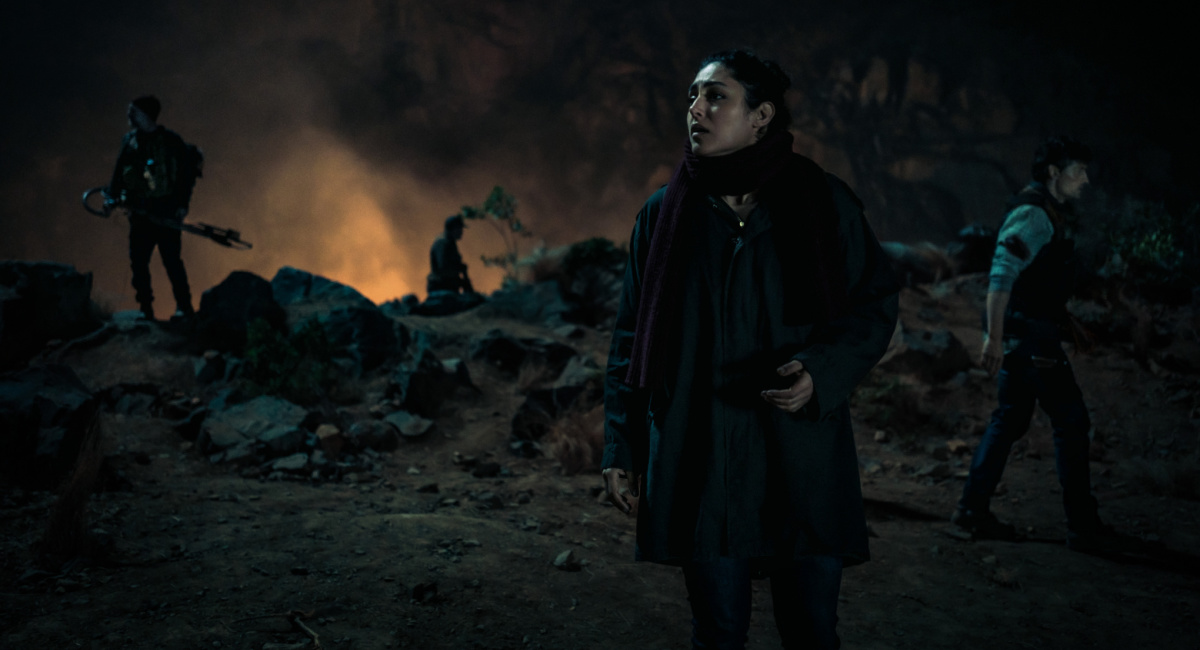
Golshifteh Farahani in 'Invasion,' premiering August 23, 2023 on Apple TV+.
MF: You began your career as a cinematographer, how does that experience inform your work as a director?
AS: To answer your question, as a director of photography, coming to directing, is really, for me, a crucial thing, because you understand the language, you understand how to tell the story, by way of where the camera is going to be. It's not to say that every director has to do that, not at all. But, most accomplished directors that I really respect, Stanley Kubrick, David Fincher, the CoenBrothers, Christopher Nolan, they understand what lenses can do. They understand what photography can do. So, you don't usually want to give way for someone to set up the shot. You either bring them on board, the director of photography, the camera operators, and discuss what needs to get accomplished, as opposed to just farming it all out, because then, you're immediately losing a bit of the language that you've been designing to tell the story. So, very important to engage everybody, to bring everybody together, and to set shots up, such that, everyone's happy. So usually, I know exactly what the lens is going to be. I know exactly what the camera angle is going to be. I don't try to be fascistic about it, but I would suggest where it would be, and then I'd say to my crew, "Guys, go crazy. Enhance it. Make it great." So, everyone participates in it, and finds their own, and they're all fulfilled. That's, to me, key to a great collaboration on set. So, if I communicate my ideas to the director of photography and he communicates his ideas to his lighting crew, and grip department, and his camera operator, and then we're all discussing how it's going to resolve itself on the screen, then the resulting image, or images, or set of storylines through visuals can invoke some reaction from you as a viewer. So if the camera is too high, you go, "Guys, the camera is too high." If the verticals are not correct, you go, "Verticals are not correct." If the camera is too low, "It's too expressive. Let's bring it up to the human perspective." You have to choose all those things. You have to, not dictate it, but propose it, such that, it's much more humanized.
Related Article: Director Cory Finley Talks 'Landscape with Invisible Hand'
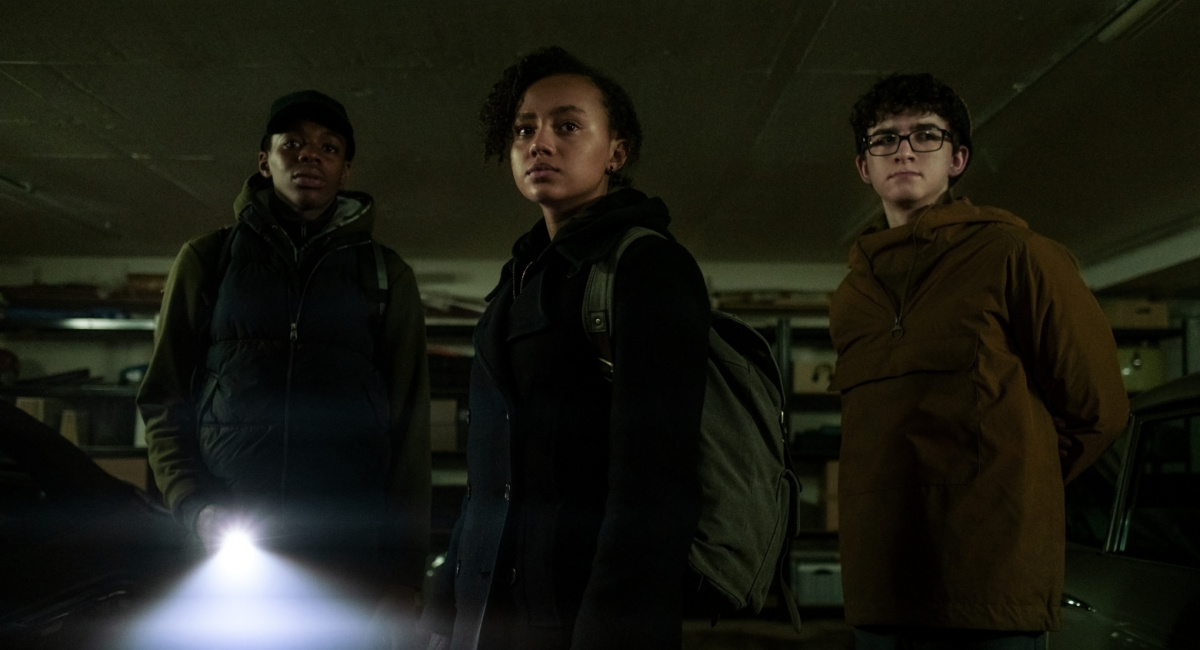
(L to R) Cache Vanderpuye, India Brown and Louis Toghill in 'Invasion,' premiering August 23, 2023 on Apple TV+.
MF: ‘Invasion’ is a series that is very large in scope and told from several different perspectives. How did your work on shows like ‘Game of Thrones’ and ‘Rome’ prepare you to direct this series?
AS: Well, because of the scope, I could see why you are comparing it to ‘Game of Thrones.’ But, I mean, I was involved in big scope shows like ‘Rome’ for instance, and ‘Marco Polo’ for instance. Those are very scopey shows. I mean, the dictate of this particular show, of this particular parameters is grand scale. So, you need to approach it in grand scale. It's not so much a TV mentality. You have to approach it like a cinematic event, because of the cinematic event, it could be compared to these shows that you're proposing.
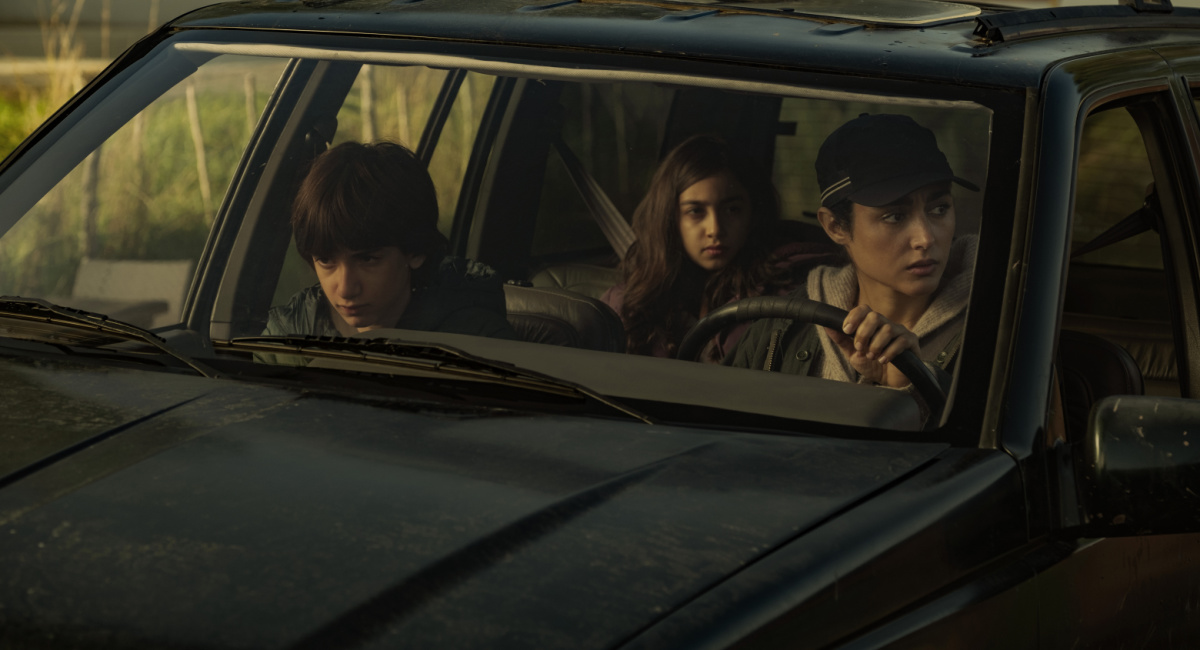
(L to R) Azhy Robertson, Tara Moayedi and Golshifteh Farahani in 'Invasion,' premiering August 23, 2023 on Apple TV+.
MF: You directed the first three episodes of season 2, what was the most challenging scene to shoot in those first couple of episodes?
AS: The most challenging was, believe it or not, was the very first scene of episode one, where we're just thrown into the invasion. The challenge of it was basically that we needed to shoot it fast. I mean, it's a huge scene. Initially, we planned to shoot it over the course of five days. We needed to find a location which would be able to guide us through, basically the timeline of the scene. In order for us to do that, we needed to find a particular set of streets that one street would lead into the other, into the other, and into the other. So, it's all making sense, because it was not a backlight. We found a little section in the Woodstock area of Cape Town, where it was basically one and two-story buildings with tin roofs. From a bird's eye view, it felt like the right way of approaching the scene. So, our production designer, Simon Rogers, was basically instrumental in dressing the streets. Then, I started discussing with my crew how are we going to approach it, and how we're going to break down the scene, such that, we would have absolutely everything, broken down into, not only just shots, but also into little segments that would segue from one to the other because there's a very propulsive energy throughout that scene. So, the challenge was to accomplish everything in set time and the allotted time to rehearse everything. It was involving 200 extras. We had six cameras. We had to deal with the weather. We had to deal with a helicopter landing. We had to deal with so many elements. It became like a feature film, yet, we needed to do it as a television schedule. I think we actually did tremendously well. We shot the whole thing that was designed to be shot in five days, in four days, and we were able to accomplish everything.
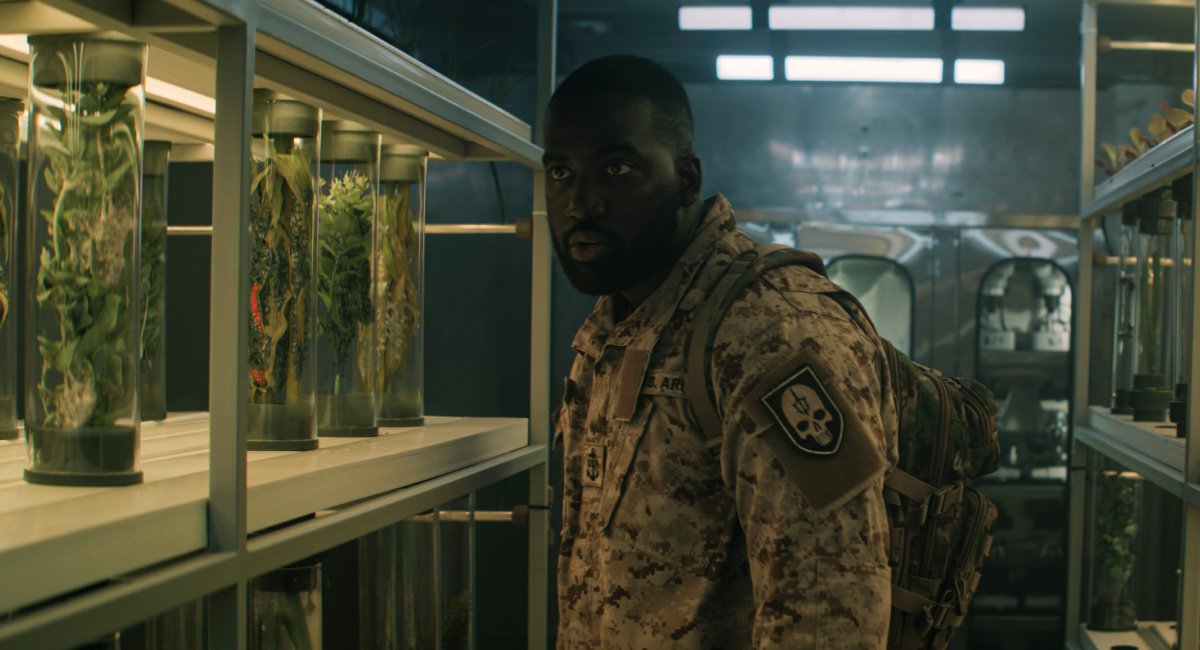
Shamier Anderson in 'Invasion,' premiering August 23, 2023 on Apple TV+.
MF: Finally, can you talk about finding a way to bring something fresh to a genre that has seen a lot of entries? How did you go about finding something fresh, even for season two compared to season one?
AS: I'll be honest with you, I don't think about that. What I think about is the human perspective, the drama. Look, if I sit in my chair, and I react to the acting, and it works, and it feels right, then your audience is going to react that way too. If you feel that it's false, you go for another take. Because, if you're going to move on and you have a false take, your audience is not going to buy it. So, I always come from a perspective of it's not to design the most fresh, the most interesting, the most this, and that, look, we're not going to be reinventing the wheel. It's been invented. So, what you're going to go for is the performance. What you're going to go for is for the trueness. The value of whether or not it is good. It has a capability to hook you, to appeal to you, to convince you that this is what's happening, and this is the right thing, and it's the honesty.
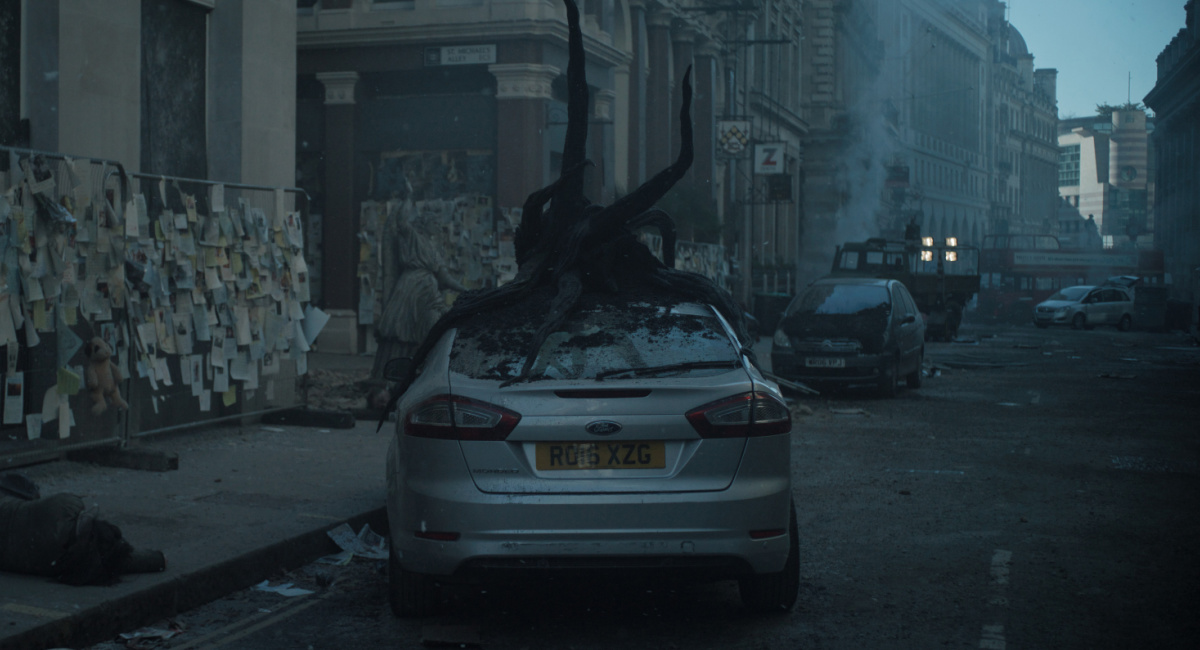
'Invasion,' premiering August 23, 2023 on Apple TV+.
Other Movies Similar to ‘Invasion':
- 'Close Encounters of the Third Kind' (1977)
- ‘Alien' (1979)
- 'E.T. the Extra-Terrestrial' (1982)
- ‘Aliens' (1986)
- 'Independence Day' (1996)
- 'Mars Attacks!' (1996)
- 'Men in Black' (1997)
- 'War of the Worlds' (2005)
- 'The Day the Earth Stood Still' (2008)
- 'Ender's Game' (2013)
- 'The Martian' (2015)
- 'Independence Day: Resurgence' (2016)
- 'Arrival' (2016)
- ‘Landscape with Invisible Hand' (2023)
- 'Jules' (2023)
Buy Simon Kinberg Movies On Amazon


